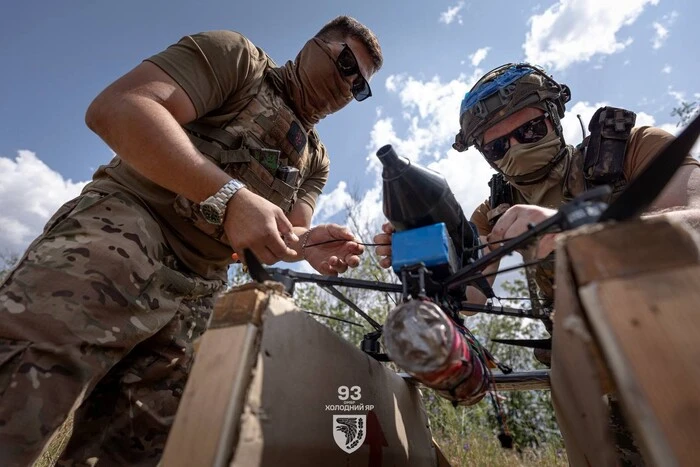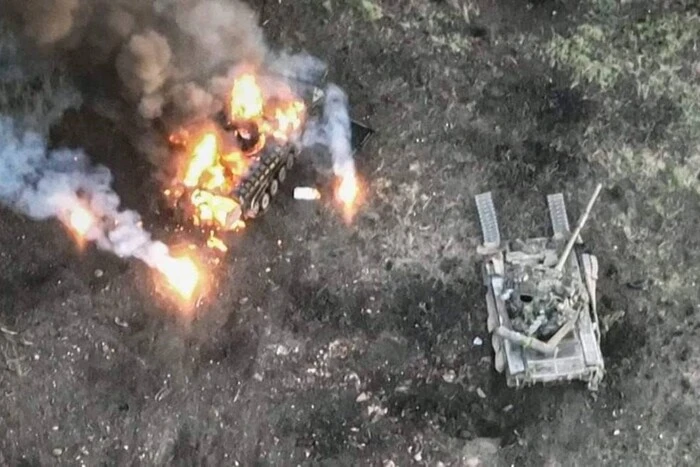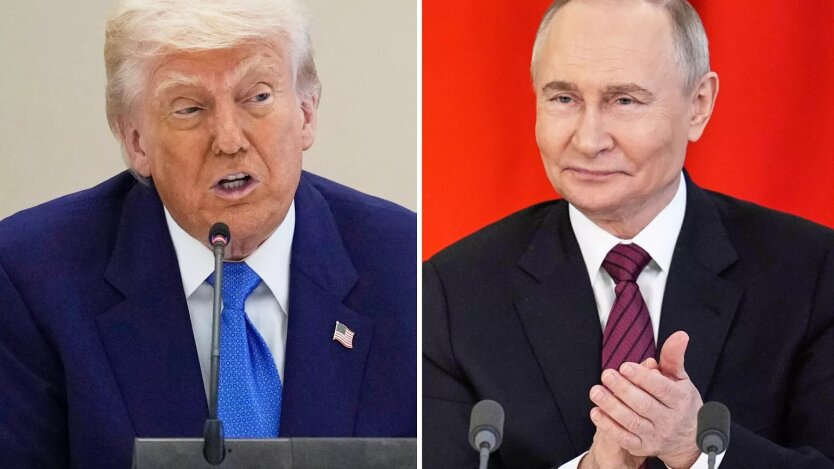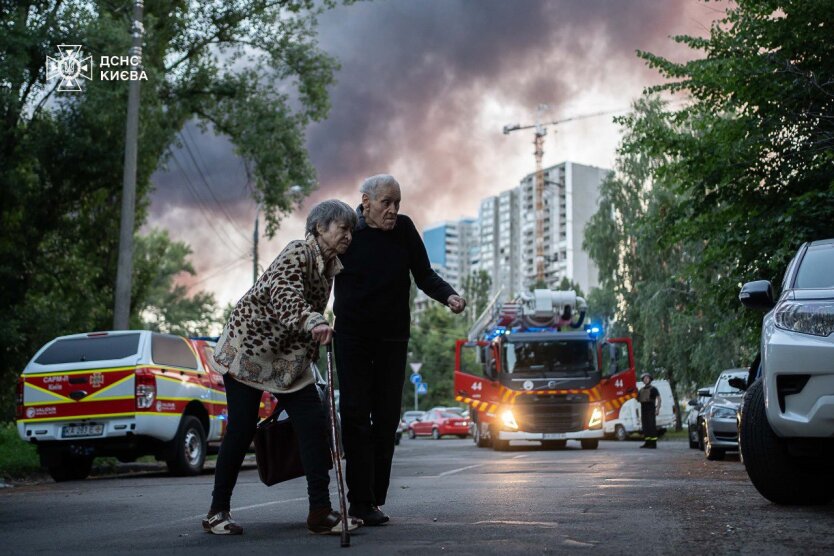The Russian Federation has devised a way to force migrants to sign military contracts.

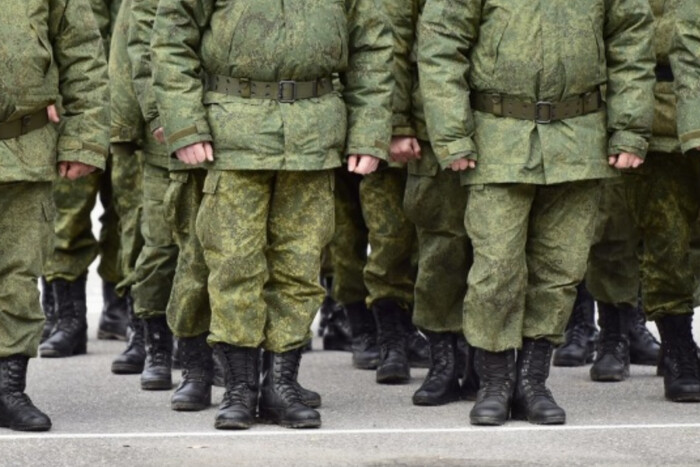
The Russian authorities are unjustifiably detaining migrants without food and water and using physical violence to force them to enter into military contracts. This was reported by the American Institute for the Study of War (ISW).
According to the opposition publication «Okno», the Russian authorities threaten to strip naturalized citizens of Russian citizenship and offer migrants citizenship in exchange for agreeing to serve in the army.
Almost all arrested migrants agree to sign military contracts. It is noted that raids against migrants have increased after the terrorist attack at the «Crocus City Hall» in March 2024.
The Russian government continues to take legislative measures to use migrants and recently naturalized citizens to meet the needs of the Russian army with servicemen.
The head of the State Duma of the Russian Federation Vyacheslav Volodin proposed on July 29 that Duma deputies prepare an initiative requiring newly naturalized citizens of Russia to register for military service after receiving a Russian passport.
The Duma will also consider amendments to increase the duration of military service for newly naturalized citizens of Russia from one year to two and to raise the draft age.
Recall that in Russia, residents of the Yaroslavl region receive 100 thousand rubles from local authorities for each person they persuade to go to war against Ukraine.
As reported, the Russian Federation has launched a global campaign to recruit citizens of other countries in an attempt to increase the size of the occupying contingent in Ukraine.
Read also
- Are there battles in Dnipropetrovsk region? The Armed Forces of Ukraine reported on the situation in the region
- Trump announces negotiations with China regarding the TikTok deal
- Putin wants to go all the way and kill people: Trump commented on the conversation with Zelensky
- Enemy losses as of July 5, 2025 – General Staff of the Armed Forces of Ukraine
- The US is sabotaging Trump's peace plan: expert names the culprit in the Pentagon
- Ukraine Awaits a Summer of Ruthless Attacks: WSJ Reveals Putin's New Plan

